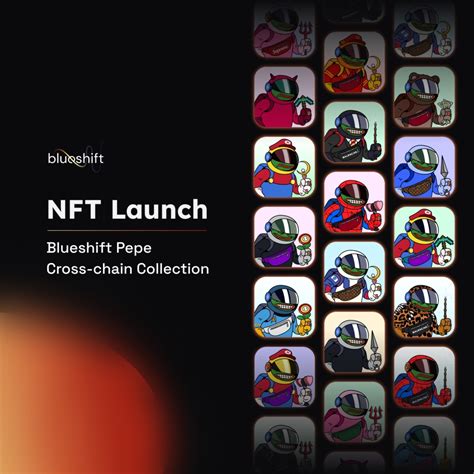Understanding the world of cryptocurrencies: crypto guide, cross chains, pre -sales and gas charges
The cryptocurrency market has recorded a rapid growth in recent years, and new projects and tokens have appeared every day. As a result, investors have a wide range of options when it comes to buying and investing in cryptocurrencies. In this article, we will delve into the world of cryptocurrency, examining the terms “crypto”, “cross chain”, “presale” and “gas fees” to help you make informed decisions about your investments.
What is Crypto?
Cryptocurrency is a digital or virtual currency that uses cryptography for security and is decentralized, which means that it is not controlled by any government or financial institution. The most famous cryptocurrency is Bitcoin (BTC), which was released in 2009 by a person or group using the nickname Satoshi Nakamoto.
What is a cross chain?
The cross chain refers to the process of transferring assets or tokens from one blockchain network to another. In other words, it allows you to exchange cryptocurrencies between different platforms without having to convert them to a common currency, such as USD. This function has made it easier for users to buy and sell specific cryptocurrencies on various stock exchanges.
What is pre -sale?
Pre -sale refers to a process in which a person or organization sells tokens at a reduced price, often in exchange for prizes, such as free coins or other encouragements. The purpose of pre -sale is to generate the noise and emotions related to the project, attract early users and build loyal fans.
What are gas fees?
Gas fees relate to the cost of sending transactions in the blockchain network. After sending cryptocurrency or tokens from one wallet to another, you will pay gas fees that can be high if there is no encouragement (e.g. because the network is crowded). Gas fees are usually paid in the form of cryptocurrency such as Bitcoin or Ethereum.
Gas charges and cross chain transactions
Cross chain transactions require less computing power than traditional blockchain exchanges, which causes much lower gas fees. As a result, cross chain transactions are usually faster and cheaper. Thanks to this, cross chain technology was an attractive option for programmers building decentralized applications (DAPP) in many blockchain networks.
Pre -sales gas fees: double -edged sword
While pre -sale can generate the sound and emotions related to the project, it also incurs gas fees, which must be paid by the supporters of the project. This led to some criticism of pre -sale as a form of “tokens inflation”, in which projects prioritize revenues on maintaining transparency and security.
Conclusions
Cryptocurrencies, cross chain transactions, pre -sale fee and gas fee are necessary aspects of the cryptocurrency market. Understanding these conditions, you can better navigate the world of cryptocurrencies and make more conscious investment decisions. While pre -sales gas fees have been criticized for priorities for revenues against security, it is necessary to consider both the benefits and defects before investing in any project.
Recommendations
- Thoroughly research projects to make sure they are safe, transparent and reliable.
- Consider gas fees related to each transaction when calculating potential costs.
- Look for projects that prioritize decentralization, community involvement and long -term sustainable development.
- Be up to date with market trends and changes to make informed investment decisions.
Understanding these concepts, you can certainly submit to the complex world of cryptocurrency investment. Remember to always conduct research, be up to date and never invest more than you can afford to lose.



